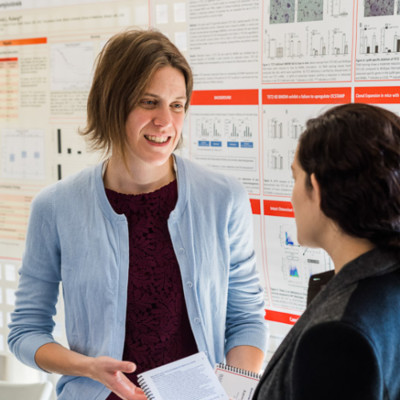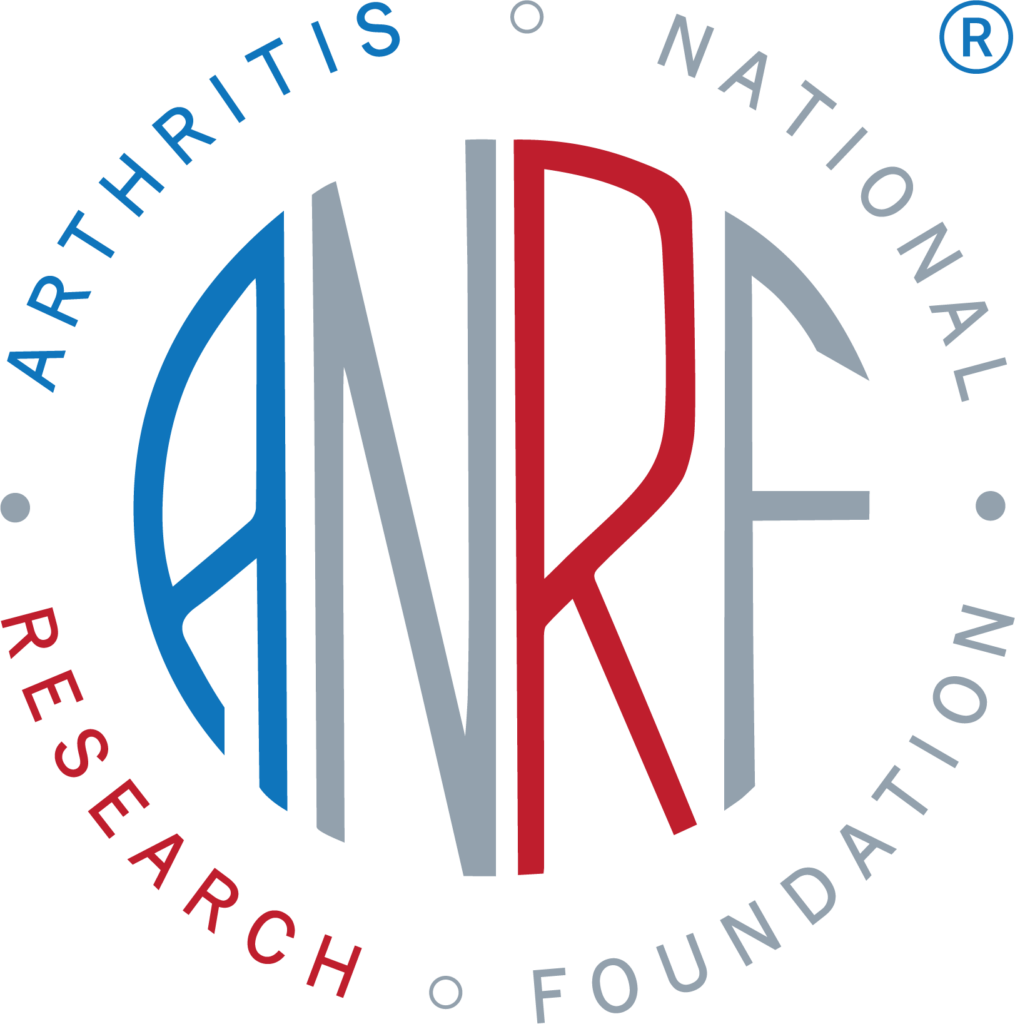 Dr. Susan MacLauchlan is an Instructor of Medicine at the Brigham and Women’s Hospital. After completing her PhD at Yale University, she undertook graduate school where her initial focus was on the study of blood vessels which led to a keen interest in the immune system and osteoclasts, one of the cells involved in bone turnover. After initiating a side project on Rheumatoid Arthritis, she soon realized that rheumatology was what she wanted to focus on in her independent research career. In order to prepare for this, she completed a second postdoctoral position with Ellen Gravallese, who is a leader in rheumatology at the University of Massachusetts Medical School. This served her well as she continued on to her current position.
Dr. Susan MacLauchlan is an Instructor of Medicine at the Brigham and Women’s Hospital. After completing her PhD at Yale University, she undertook graduate school where her initial focus was on the study of blood vessels which led to a keen interest in the immune system and osteoclasts, one of the cells involved in bone turnover. After initiating a side project on Rheumatoid Arthritis, she soon realized that rheumatology was what she wanted to focus on in her independent research career. In order to prepare for this, she completed a second postdoctoral position with Ellen Gravallese, who is a leader in rheumatology at the University of Massachusetts Medical School. This served her well as she continued on to her current position.
The incidence of heart disease is doubled in RA patients when compared to the general public. This is true for patients with diabetes as well but while a great deal of research is being done to understand this increased in frequency in diabetic patients, far less work is being conducted to understand the link with RA. Great strides have been made to explain why heart disease happens in the majority of people, but somewhere between 20 to 50% of heart disease patients have none or only one of the pre-existing conditions to predict for CVD. Moreover, these traditional risk factors do not explain the nearly double risk of CVD in RA patients. A knowledge gap exists regarding new CVD risk factors and how these contribute to putting the vascular system at greater risk in RA patients.
Recent studies have determined that acquiring a single mutation in the precursor cells which populate a person’s immune system, can be detected from blood samples if the mutation gives the cell a competitive advantage. This process is called clonal hematopoiesis. Surprisingly, clonal hematopoiesis occurs quite often in aging people, and people with clonal hematopoiesis are more likely to develop cardiovascular disease. As an ANRF researcher Dr Maclauchlan seeks to answer whether the process of clonal hematopoiesis occurring in RA patients could explain the increased frequency of cardiovascular disease within this population.
Dr Maclauchlan is hopeful that her research will provide a better understanding about RA generally, and find new reasons that the cardiovascular system is vulnerable in these patients. “To be in a position where my work may help contribute to understanding why rheumatoid arthritis leads to cardiovascular disease really propels me. I always hope that my research will help patients, and I’m extremely grateful to be working on a project that may have real transformative outcomes.”




